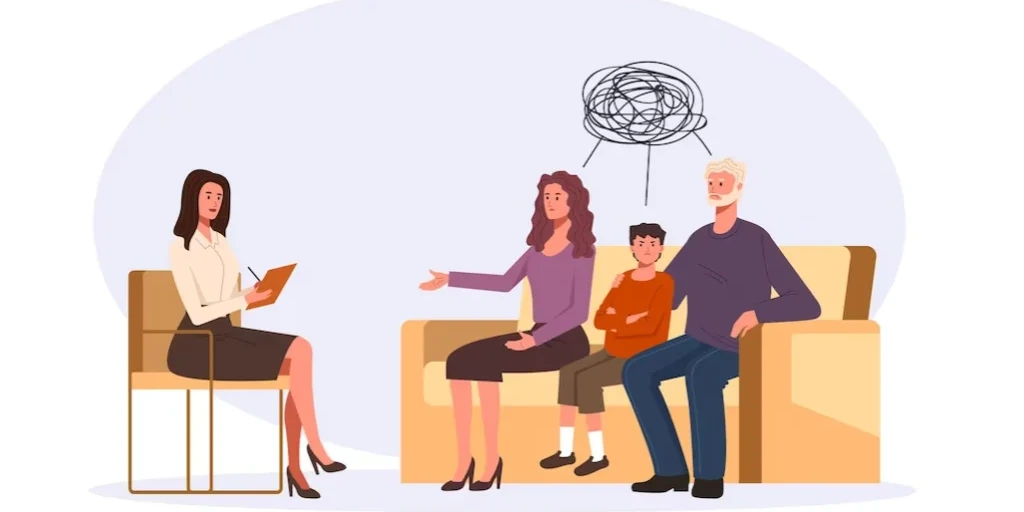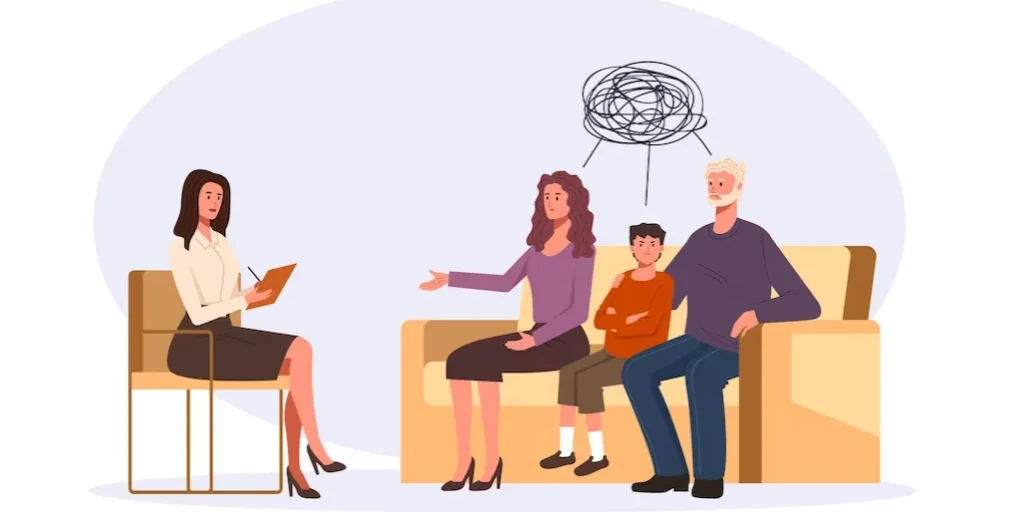24/7 Helpline:
(866) 899-111424/7 Helpline:
(866) 899-1114
Learn more about Ecstasy Rehab centers in Allen County

Time Out Community Counseling and Correctional Services
Time Out Community Counseling and Correctional Services offers outpatient treatment for individuals ...

LifeSkills Service Center – Allen County
LifeSkills Service Center – Allen County is a private rehab located in Scottsville, Kentucky. LifeSk...

More to Life Counseling
More to Life Counseling offers faith-based and evidence-based counseling services for individuals, f...


































































Other Insurance Options

WellCare Health Plans

State Farm

Amerigroup

Health Net

United Health Care
Beacon

Excellus

MVP Healthcare

BHS | Behavioral Health Systems

AllWell

MHNNet Behavioral Health

UMR

Ambetter

Regence

Sutter

UnitedHealth Group

BlueShield

Horizon Healthcare Service

Magellan Health

Aetna